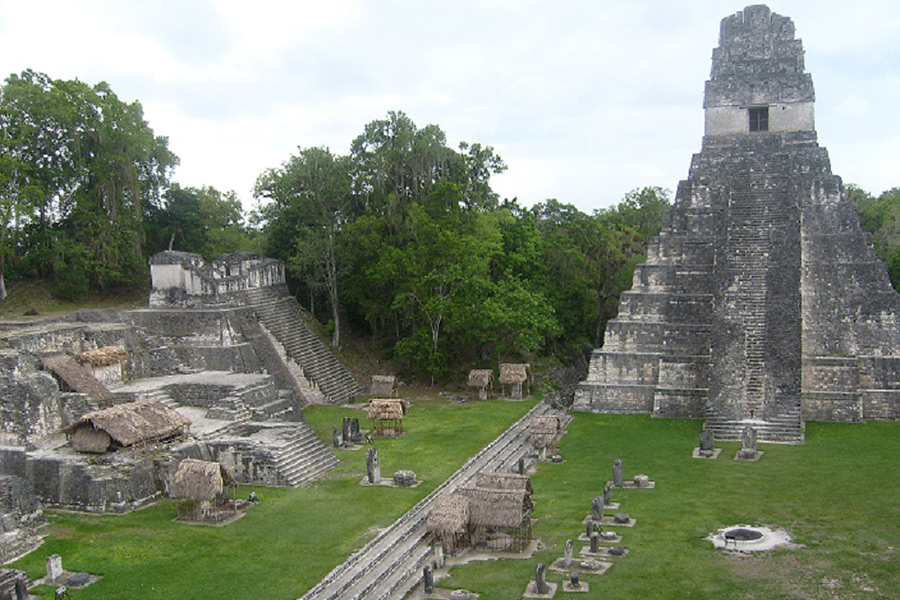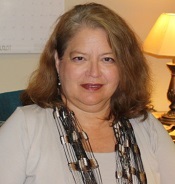Baylor in Belize II
Environment and Development Ethnographic Field School
Beginning in 1995, Dr. Sara Alexander has taught a number of field schools in several locations in Belize. The course centers on ‘Environment and Development’ topics where students are taught basic ethnographic field methods, including mapping, still and video photography, participant observation, kinship charting, sampling methods, interview and survey design and implementation, and basic data processing and analysis. Students work either individually or in small groups on research related to subjects that focus on development strategies and related environmental topics. Sample studies include economic or environmental constraints to agricultural production; population growth rates, reproductive education and contraceptive use; prevalence of certain diseases such as diabetes and cultural factors that influence incidence; religious views and worship practices around certain physical features, crops, etc.; history of fishing cooperatives and their responses to changing government policies for commercial fishing; and food and nutritional security of children less than five years of age relative to economic security. She also includes a number of field trips to offer additional education on the country’s development strategies through time. These trips include Maya archaeological sites (Xunantunich, Tikal), Cockscomb Jaguar Sanctuary, Community Baboon Sanctuary, the Blue Hole, the National Institute of Culture and History, and the Museum of Belize.

